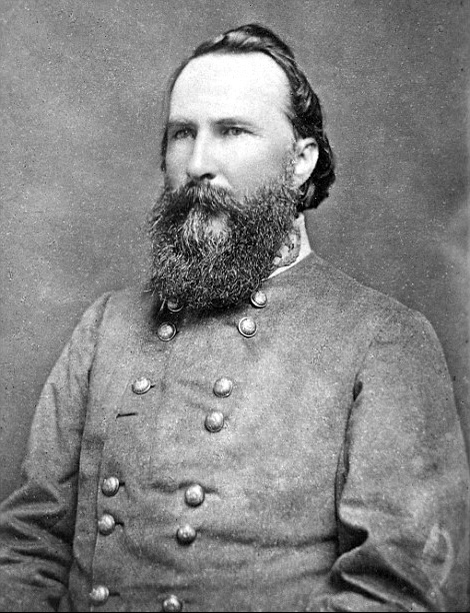In 1914 the Royal Navy was in an arms race with the Imperial German Navy.
Nope. From Army For An Empire by Graham Cosmas:
"During the Spanish-American War, the partial mobilization of 30,000 troops in the Canadian Confederation forced the government to think about the possibility of a British intervention in the war. President McKinley and and Commanding General of the US Army, Nelson A. Miles as well as the Secretary of War Russell Alger concurred with one another that any war with Britain would see Canada occupied, but the US economy and navy destroyed, as well as the loss of American Pacific islands, and the risk of increasing inflation by 39%. As such, the cabinet agreed that in the case of war, the US would annex New Brunswick, and if possible Novo Scotia and the Prince Edward Island and pay reparations while ceding Hawaii and the other islands that Washington owned to Britain in return for releasing a very probable blockade. Nelson A. Miles further went ahead and showed massive pessimism for the likelihood of an invasion of Canada succeeding, as he pulled in information from British conflicts in recent years which showed a massive amount of deployment happening in a very short amount of time. He was in particular, looking behind at the Second Opium War, the British Wars in Africa, and the Boer War, where hundreds of thousands of British soldiers were dispatched within weeks at latest. He theorized that within six weeks of war, Britain could reinforce Canada with 200,000 troops, within 6 months with 550,000 troops and further than that as time went ahead. He then stated that with the amount of forces the American army had, the Canadians would be able to hold out for such a time." (Chapter 11 and 12)
Is he using a crystal ball? Otherwise how is he looking at the 2nd Boer War during the Spanish-American War? The Spanish-American War ended in 1898. The 2nd Boer War began in 1899. If he's talking about the 1st Boer War, it did not involve Britain transportin hundreds of thousands of troops and did not go so well for the British.
Britain blockaded all of Europe in the Napoleonic Wars.
Britain relied on coalitions to defeat Napoleon
Britain blockaded all of the Russian Empire during the Crimean War, virtually bankrupting the country. Britain blockaded the entire Chinese coast in the Opium Wars, even in the second opium war by which point the chinese had modern warships.
The Chinese had warships, calling it anything resembling a modern navy is a stretch.
Britain blockaded all of europe from trading with the Boers in the Boer Wars.
Blockading South Africa is not the same as blockading the entirety of the Americas south of Canada.
Over 90% of American trade even till today happens through sea. 10% would not make much a difference, and the USA still stands to lose a fifth of their industrial firms and investors.
You mean 90% of
foreign trade. Domestic trade would still continue overland.
A Prime Minister also needs the voting of the Parliament to declare war. The PM cannot declare war without the consent of parliament. The PMs of the world, which aren't dictatorships anyway, still do not have blanket power to declare war even till today unlike the POTUS.
Lord Asquith declared war on Germany, although parliament did vote to fund the war later that day. The POTUS does not have the power to declare war. If FDR had had that much power the USA would not have remained neutral until Pearl Harbor.
Before the wars of the 20th century, frankly speaking the public has never been asked for their opinion about war. And neither have majority of their wills, relevant ones have been carried out in full, if at all, and instead have been manipulated beyond belief. American governmental intervention whipped the public into a frenzy to start the Spanish American War, the Prussians whipped the Germans into a frenzy by provoking France to declare war first, the British whipped out propaganda during the Napoleonic Wars like normal school books to whip the country into a frenzy to support the Coalition wars. Their support was always wanted, but their end goals and wishes were rarely, if ever fulfilled.
The American government did not whip the public into a frenzy to start the Spanish-American War. The myth that explosion and sinking of the USS Maine was a false flag operation belongs on the same ash heap as the conspiracy theories about FDR and Churchill having advanced knowledge of Pearl Harbor. Neither McKinley nor Lord Salisbury is analogous Otto von Bismarck or Napoleon III.

